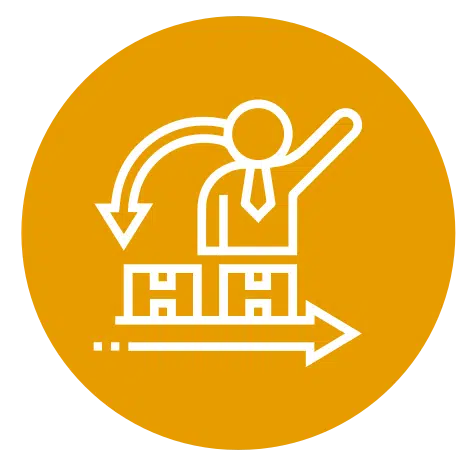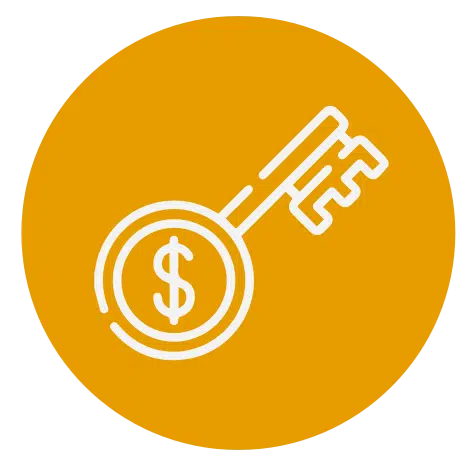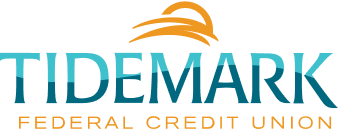Health Savings Accounts
Some of the largest unknown expenses are medical bills and tuition. We'll help you build up your savings to address both with Health Savings Account and Coverdell Education Savings Account options. The best part is these funds travel with you, even if you move out of the area or a student attends school outside of Delaware or Maryland.
Planning Ahead Requires Smart Savings Options
Health Savings Account
An HSA provides specific tax advantages to help you address unexpected medical expenses. You must be enrolled in a high-deductible health plan (HDHP) in order to qualify.
- Contributed funds are not subject to federal income tax at time of deposit
- Any interest earned is tax-free
- No taxes paid on money withdrawn for qualified medical expenses
- Unspent HSA funds roll over and accumulate year after year (unlike a flexible spending account) and can be used anytime, including in retirement
Qualification Rules
- You must have coverage under a qualified high deductible health plan. You must not be covered under another health care plan. You must also not be eligible for coverage via your spouse’s plan.
- You must not be currently enrolled in Medicare. In practice, this means that those over age 65 are generally ineligible to contribute to a health savings account, since you are automatically enrolled in Medicare Part A and B at age 65.
- You must not be eligible to be claimed as a dependent on someone else’s income tax return.
There are many nuances to these rules and more rules. Contact your tax advisor for more detailed information.
HSA For Employers
Plus, You Get Access to Our Member Premium Benefits

You Become a Member-Owner
We don't exist to enhance the wealth of our shareholders, we are member-owned. As a not-for-profit organization, we use our profits to increase Member benefits and support community causes.

Your Money is Insured & Protected
Instead of being covered under FDIC, your deposits are covered under the National Credit Union Administration (NCUA), which insures deposits up to $250,000, the same amount as the FDIC. It’s a different name but the same function.

